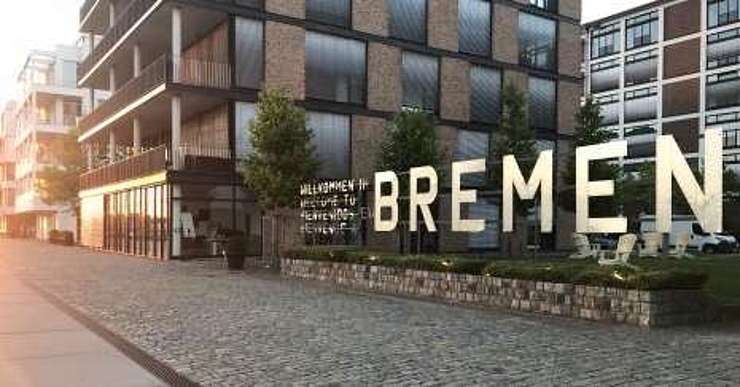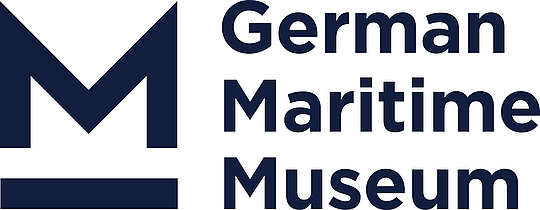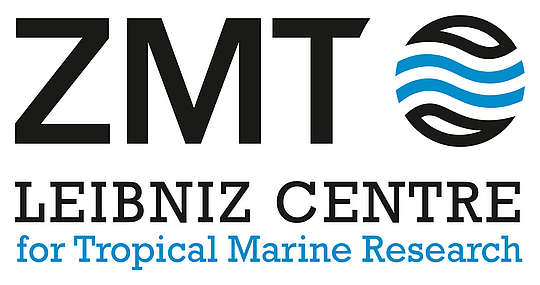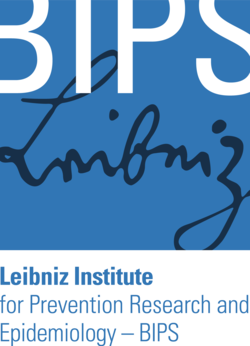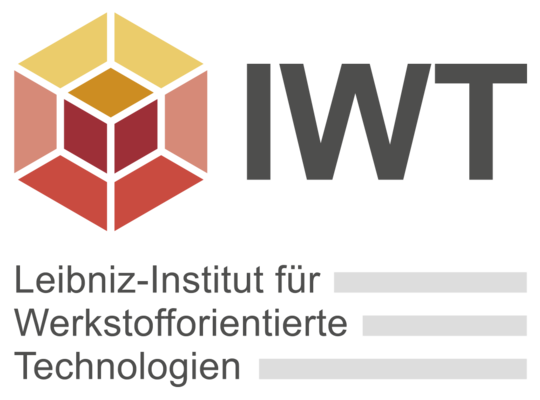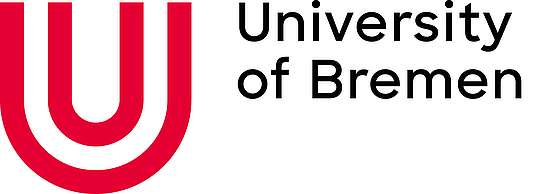
© Uni Bremen
Residence Permit
Within the first 90 days in Germany, non-EU citizens must in most cases apply for a residence permit in order to stay in Germany after the visa expires. Each residence permit is bound to a purpose of stay with respective conditions of issue. If you have any questions regarding your residence permit, please do not hesitate to contact us.
Insurances
The majority of the German population is subject to compulsory insurance. In most insurance schemes, both employers and employees pay contributions into the social security system. In addition, there are non-mandatory insurances, such as liability insurance.
Here you can find all basic information about the most important insurances in Germany.
Taxes
Taxes and tax returns in Germany are not always easy to understand. Therefore, we have compiled a small overview of the most important information for you here.
More detailed information and individual advice can be found on the website of Vereinigte Lohnsteuerhilfe e.V..
Further links:
Tax Identification Number
Your tax identification number (Tax ID) applies only to income tax and is required, for example, when you start an employment relationship, for notifications to tax authorities, certain applications (e.g. child benefit, pension) and the tax return. You can obtain your tax ID in two ways:
- By mail: If you are registered in Germany, you will automatically receive the ID by mail. If you have moved to Germany from abroad, you will receive your tax ID (Tax Identification Number or TIN) automatically from the Bundeszentralamt für Steuern (Federal Central Tax Office) within 2-3 weeks after registering with the Residents' Registration Office.
- By application: If you do not receive your tax ID by mail or have forgotten it, you can apply to the Federal Central Tax Office for renewed notification of the tax ID. You can find the online application here.
Income Tax

In Germany the gross income is taxed and the level of taxation depends on the size of the gross income and the family status of the employee.
There are six “tax classes” (I – VI) and the class applicable depends on whether a person is married, has children or “a second income”. If a house hold contains two partners who are both working, the combination of tax classes may offer large benefits. Details about tax classes are noted in the digital income tax system “ELStAM”.
The employer has access to this electronic wage tax card and stores the details about your salary there. The taxes automatically deduct from the gross salary every month.
An income tax return must be presented to the tax office annually (“annual adjustment of wage tax”). All income you had in the previous year (plus any interest and/or rental income), is offset against the taxes paid until then. In addition, there are so-called “tax-allowances” and many opportunities to “offset” outgoing against tax. Based on the information you provide the tax office with, you may receive some money back.
Since the German tax system is complicated, it can be worthwhile seeking advice from an income tax association, a so-called “Lohnsteuerverein”, or a tax consultant. The finance offices are also obliged to provide information.
Church Tax
If you are a member of the Catholic or Protestant churches, you have to pay church tax in Germany. Members of the Jewish community pay the Jewish culture tax, the "Kultursteuer", which corresponds to church tax. There is no tax for members of other religions.
Chamber of Employees Bremen
The Chamber of Employees will help you with your tax declaration by offering personal advices. You have to pay a consultancy fee of 10€.
Click here to arrange a meeting with the Arbeitnehmerkammer Bremen.
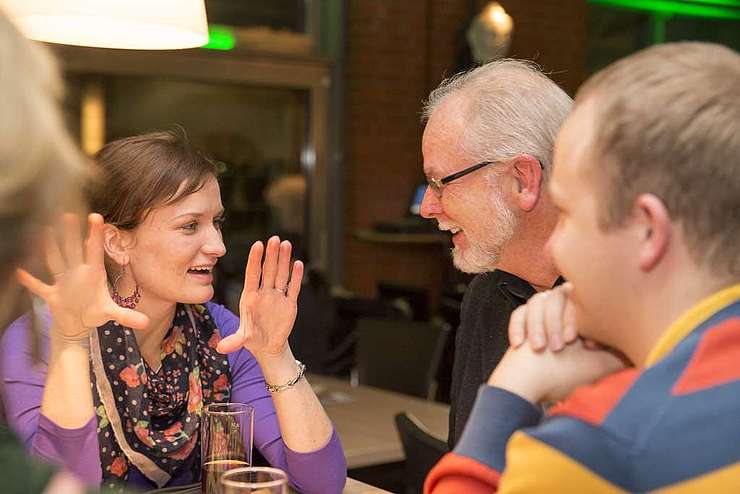
Stay with Family
Are you coming to Bremen or Bremerhaven with your family? The following pages contain information related to school enrollment for children, arranging day care, as well as information about family support services.
For admission for the regular academic year starting in August, school and kindergarten enrollment deadline is end of January of the same year.
Also find more information about services for families.
Bank account
Opening a German bank account is highly recommended for international researchers, especially if the stay spans several months. This allows, for example, your salary to be transferred more quickly and easily and to replace cashless payments.
In order to open a bank account, you will usually need to provide a confirmation of registration.
Since it can currently take a little longer until you get an appointment for the city registration, sometimes the rental contract or a housing provider confirmation is enough.
In Germany there are many banks to choose from. For example, there is a Sparkasse on campus directly across from the Mensa. In the city center there are many other banks to choose from, for example Santander at the Schüsselkorb. There are also online banks such as N26 and ING. Please note that these are only examples and are not a recommendation from the Welcome Center.
Internet and Broadcasting fee
In the following, you will find useful information on the topic of Internet and telephone connections. You can also learn more about television reception and the broadcasting fee in Germany.
*This is only a selection and does not represent a recommendation of the Welcome Center.
Internet
DSL connection: To have Internet or WiFi in the flat (the so-called DSL connection) is indispensable for all of us. In the student residences the internet connection is often included. If you are going to rent an apartment, however, you will have to look after the Internet on your own. There are various providers in Germany for this purpose. You can start an internet comparison via Check24 to see which connection is the cheapest one available for you. The best known and most used providers include Vodafone, Telekom, 1&1 and O2.
Another very affordable option is the provider eazy, which uses a fibre optic COAX network from Vodafone and is activated very quickly. You can find all further information on the provider's website, as well as a tariff advisor.
Mobile phone contract: On the German market there are an infinite number of mobile phone providers. Almost all of them offer a telephone and SMS flat rate in addition to the Internet. You can choose whether you want a mobile phone contract or just the prepaid SIM card. The mobile phone contract includes a monthly fixed price for a certain period (usually 24 months). In addition to the SIM card, you can often also choose a mobile phone. On Check24 you can compare various mobile phone contracts with or without smartphone according to your wishes. A prepaid SIM card must be topped up with money before use. Here you can find comparison of prepaid rates.
Telephone
When you are looking for a suitable DSL connection, you will notice that the offers always include a landline connection as well. After setting up the router (note: not always included in the contract - look for the addition "Router Inclusive") you can get a house telephone, connect it and you are ready to go. Now you can be reached via the telephone number that the provider gives you. However, most people do not buy the in-house telephone, as the mobile phone is often sufficient.
TV

There are many possibilities for TV reception in Germany. The reception methods include satellite, cable connection, IPTV, antenna TV (DVB-T2) or TV streaming via the Internet.
Satellite: The most commonly used reception method in Germany is the satellite dish. If you are lucky, your apartment already has such a dish. It is usually located on the roof or the balcony. However, most rented flats do not have one, so this reception method is probably irrelevant for you. If you do have a satellite dish, however, the TV works via a cable that comes out of the wall. Simply plug this cable into the SAT receiver, start the channel search on the TV and you are ready to go. In standard quality, all channels can be received without additional costs. For HD or UHD you have to paid. In the case that your accommodation has such a dish, you will certainly get further information from your landlord.
Cable connection: Cable connection is offered in Bremen via Vodafone GigaTV Cable. If you want cable connection, it is best to combine it with your DSL contract from Vodafone, so that you can save money. Please note that the cable connection comes with a contract and that you are bound to it for a certain amount of time. Further general information on cable TV in Bremen can be found here.
IPTV: Similar to TV streaming (Internet television), the TV signal for IPTV is transmitted exclusively via the Internet. However, there are two main differences: For one, IPTV is always linked to an internet connection of the same provider. For example, MagentaTV is only available in connection with an Internet and telephone connection at Deutsche Telekom. Similar to cable TV providers, a contract usually runs for 24 months. Secondly, very special receivers are required for reception. These are only available to purchase from the provider you use. The costs for receivers are either included in the monthly subscription costs or are shown separately as a special hardware rental. Under the Internet+TV combi-package comparison on Check24 you can compare both the cable connection and the IPTV.
Antenna TV (DVB-T2): Antenna TV now works with freenet TV and an indoor antenna. You may need a DVB-T2 capable receiver if your TV is not designed for a CI+ module. You can buy the module or the receiver for a fee in a specialist shop or online. There are different running times. You can find more information about freenet TV here.
Broadcasting fee
In Germany, the licence fee must be paid by each household. It is not relevant how many people live in the household, as it is always 17,50€ per month. You can choose to pay the contribution quarterly, half-yearly or annually. The contribution can be paid through bank transfer or SEPA direct debit. If you decide to pay with bank transfer, you will receive a letter requesting payment on the respective due date. With the SEPA Direct Debit Scheme you do not receive this. You can find further information about the radio licence fee here.
